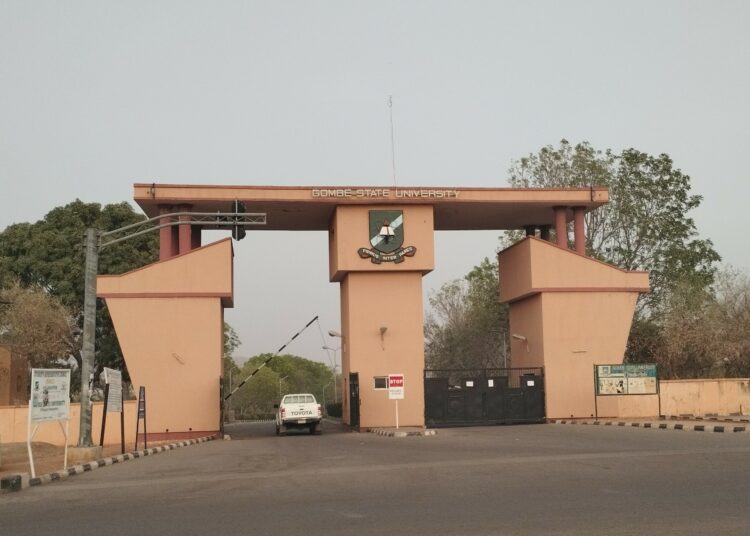A professor at Gombe State University, Wilson Lamayi Danbature, has identified investing in faecal waste treatment and reuse as a unique opportunity for the state to convert a major public health burden into an economic asset.
Danbature revealed this during an advocacy meeting with stakeholders on Faecal Sludge Management (FSM) organised by the United Nations Children’s Fund (UNICEF) in partnership with Gombe State Rural Water Supply and Sanitation Agency (RUWASSA) held in Kwami local government area of the state.
According to the hygiene expert, faecal sludge, typically a mixture of human excreta, water, and solid waste from pit latrines and septic tanks, can be transformed into valuable resources if properly managed.
Professor Danbature emphasised that with the right infrastructure and political will, Gombe can generate employment, improve public health, support environmental protection and reduce open defecation through faecal sludge management (FSM).
“Treated sludge can be safely reused in agriculture as compost or fertiliser, energy production as in biogas, or disposed of in landfills or through controlled discharge. It also creates job opportunities for sludge transporters.”
He noted that the failure to safely manage faecal waste has contributed to the contamination of water sources and the spread of diseases such as cholera, diarrhoea, and typhoid, especially in vulnerable communities. This, in turn, he said, affects school attendance, increases household healthcare costs, and weakens workforce productivity.
However, Danbature pointed out that by treating and reusing faecal sludge, the state can create jobs in sanitation-related services and open new avenues for entrepreneurship. He explained that in several countries, treated sludge is already being converted into compost, biogas, and other useful products that support agriculture and energy needs.
Professor Danbature stressed that ending open defecation in the state requires both access to toilets and reliable systems to manage the waste those toilets produce. Without effective FSM, newly constructed toilets quickly become unusable, pushing communities back into harmful practices.
He urged the Gombe State Government to view faecal sludge as more than waste, but as a resource that can power livelihoods and support sustainable development.











